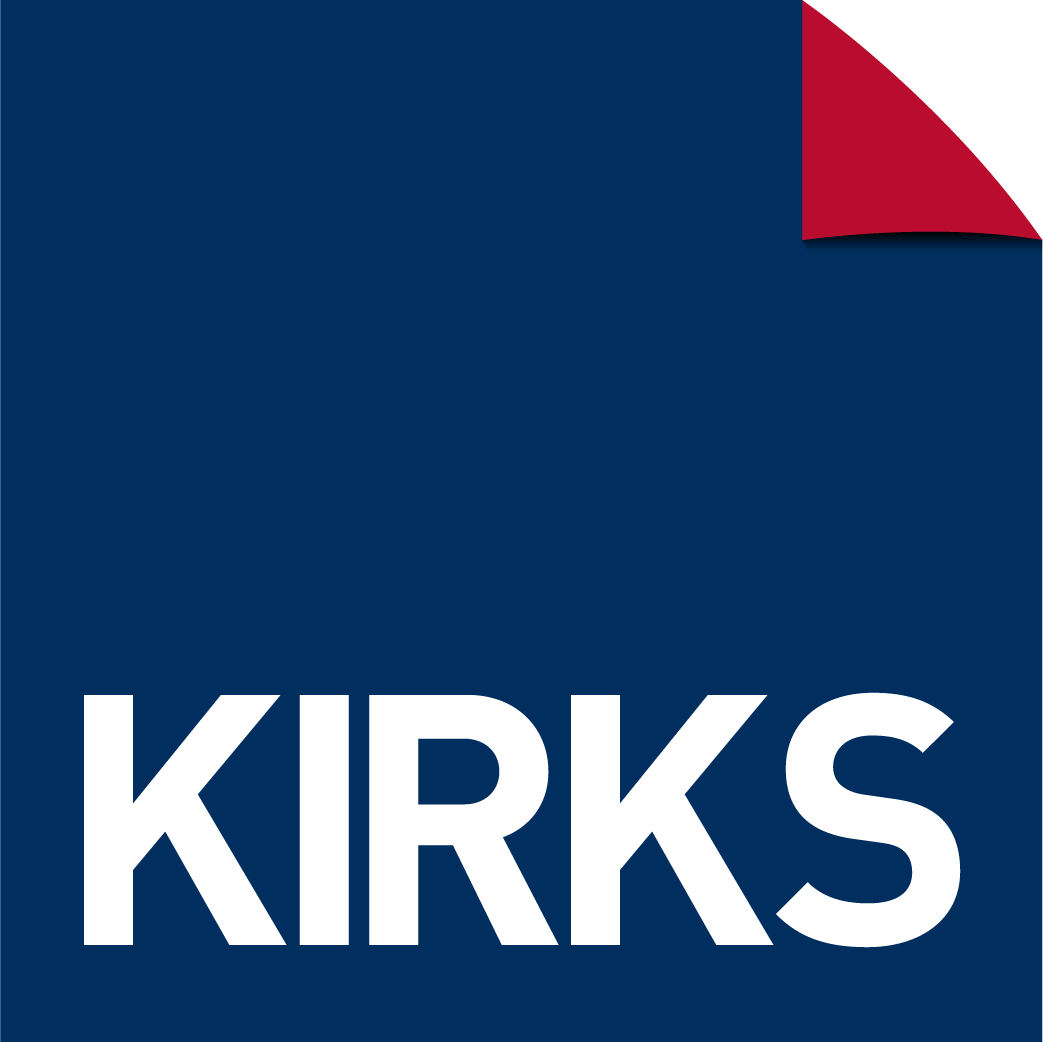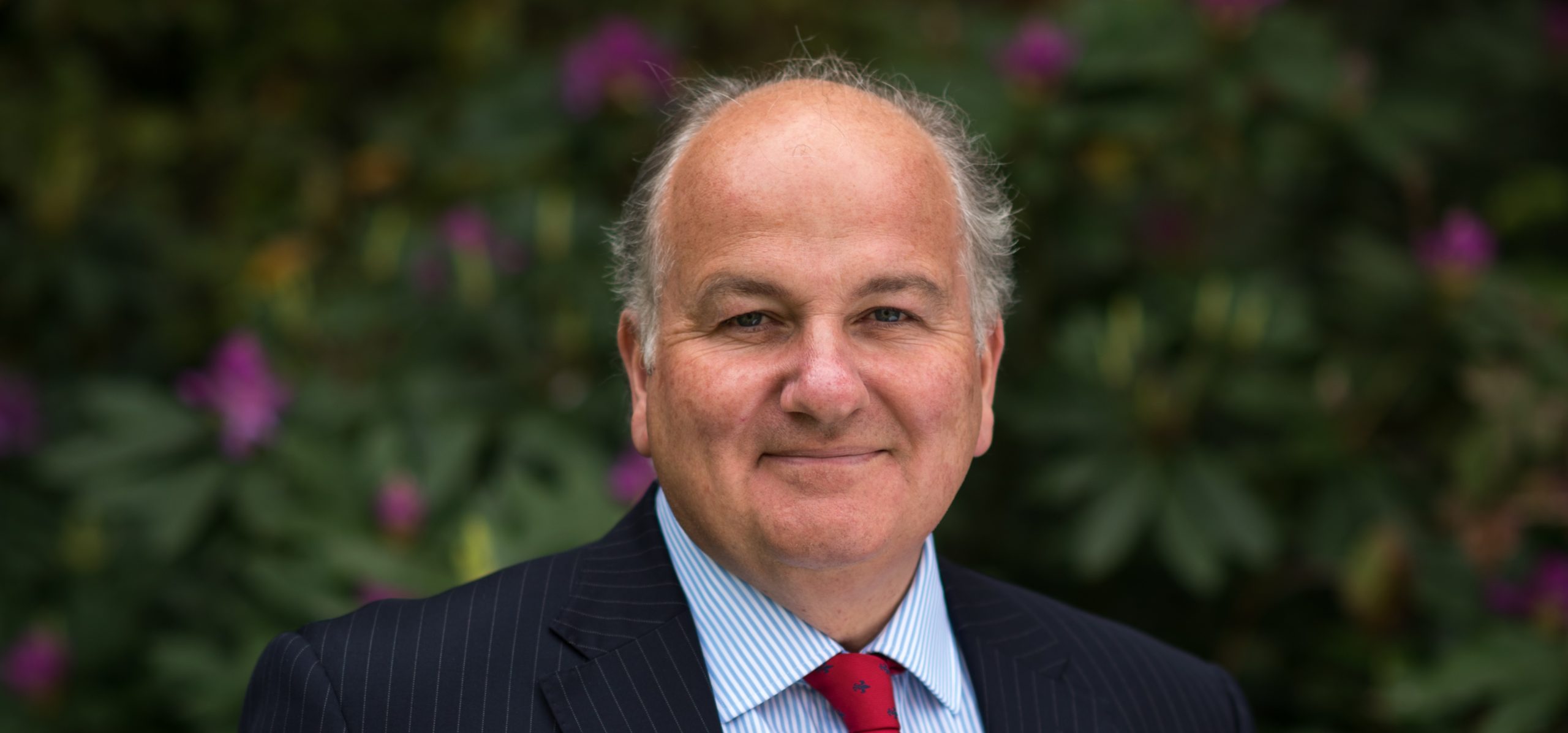The quick answer
A Company Voluntary Arrangement is a legally binding agreement between a limited company and its creditors to suspend payments. Quite often, the terms of the agreement involve freezing interest and allowing the company to pay back only part of its debts over a period of 3 to 5 years.
In more detail
Why Would You Use A CVA?
If you want to save a business it is a really good way of restructuring the debt and also keeps the company under the control of the directors. Other insolvency procedures such as Administration or liquidation would mean that the directors lose control.
The purpose of a CVA is to help the limited company survive and avoid liquidation or closure. It should allow creditors to get back a better return than if the company had just stopped trading and went into liquidation.
Advantages Of A Company Voluntary Arrangement
- The company may be able to continue trading and under the control of the current directors and shareholders.
- It keeps property leases, hire purchase and other agreements in the company’s name.
- The company can keep any qualifications or certifications it needs.
- Creditors should get back more money.
- It is less disruptive for staff.
- There is no investigation into what went wrong, nor any conduct report submitted to the Insolvency Service about the directors.
DISADVANTAGES OF A COMPANY VOLUNTARY ARRANGEMENT
- You have to get 75% of creditors to agree by value.
- It adversely affects your credit rating and a number of suppliers may insist on cash on delivery of goods.
- You may be forced to accept modifications to your proposal to get it agreed such as no dividends during the period that the CVA is in place.
- If you miss a monthly instalment or two it may fail.
- A liquidation followed by setting up a new company or a pre-pack Administration may give you a cleaner start.
HOW THE CVA PROCESS WORKS
A CVA proposal needs to be prepared by the directors and will have to be reviewed by a Licensed Insolvency Practitioner like us who in most cases actually helps with most or nearly all of the drafting of the proposal.
The proposal contains:
- A company history and why it has got into trouble.
- A list of all assets and liabilities.
- Some standard wording (usually from the trade body R3) to make the contract between the company and its creditors.
- A financial cash flow projection.
- An offer to creditors clearly stating what they should get back if they accept.
Once drafted, the Licensed Insolvency Practitioner prepares a report to the Court, creditors and shareholders on whether the CVA is a good idea (or not) and if it is fair to the company as well as the creditors.
THE CREDITORS AND SHAREHOLDERS MEETINGS NEEDED FOR A CVA
Getting a CVA approved requires a notice to be sent to creditors and shareholders, a meeting is then arranged to decide on the CVA proposals. Creditors can then ask questions at that meeting (the directors and insolvency practitioner will be present) and decide how they vote. Creditors can vote yes or no by value of how much they are owed. They can also vote yes, but with modifications e.g. HM Revenue and Customs may vote yes, but stipulate that the directors cannot take dividends whilst the CVA is in force. You can find out more about CVA’s and HM Revenue and Customs on their website.
Shareholders then have to agree to the CVA and agree to any modifications as well. Provided 75% of creditors by value that attend in person or by postal vote approve it then it will go through and all creditors are bound by it.
The whole process from the first phone call to getting a CVA approved takes 4 to 6 weeks. It is worth noting that a partnership and an individual can do an arrangement like this with their creditors as well.



